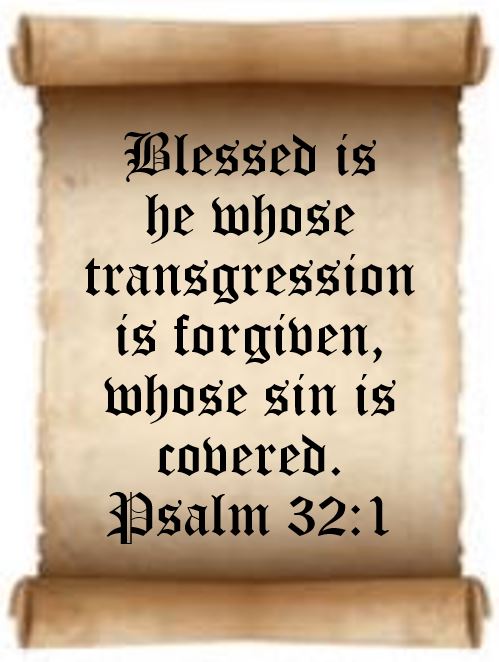- The Gospel According to Isaiah-2016-Northern Virginia Bible Conference
- The Gospel According to David-2016-Rocky Mountain Bible Conference
- The Gospel According to Abraham-2016-Arizona Bible Conference
- The Gospel According to Noah-2016-PA Bible Conference
- The Gospel According to Moses – 2017 Shenandoah Valley Bible Conference
- The Gospel According to Jesus – September 2017, Prescott, AZ
- The Gospel According to Paul- October 2017, Uniontown, PA
 The Gospel According to David
The Gospel According to David
Rocky Mountain Bible Conference
May 27–29, 2016
Gene Cunningham - September 7, 2019
AZ 2019 Lesson 3

Scripture References: Matthew 21::33-46, Luke 13:28-29, Matthew 13:36-43, Matthew 8:11-12, Galatians 3:16-29
From Series: "Shedding Ancient Light on the Outer Darkness Controversy"
Summary of the 2019 Arizona Conference 1. The theme running all through Matthew is the presentation of the King, His rejection by Israel, and the justice of the coming judgment. 2. All of the parables/teachings we have studied are consistent in the promise of reward to those who believe and warning of eternal judgment to those who reject their King. In light of this, how significant is the act of Pilate in posting over Jesus’ head the crime for which He was crucified, “This is Jesus the King of the Jews” (Matt. 27:37; Mark 15:26; Luke 23:38; John 19:19)? 3. The term “outer darkness” was well understood by the Jews of Jesus’ time to refer to Gehenna/Hell. 4. Though the Jews assumed a right to enter the kingdom based on their lineage, Jesus makes it abundantly clear that each one “must be born again” by faith in Him. 5. Nowhere in these passages is the focus on the Church, nor are they describing events at the Bema Seat of Christ. 6. Sound biblical interpretation demands that passages be studied in the light of their literal, historical, grammatical, and cultural setting.
More Messages from Gene Cunningham...
Powered by Series Engine

